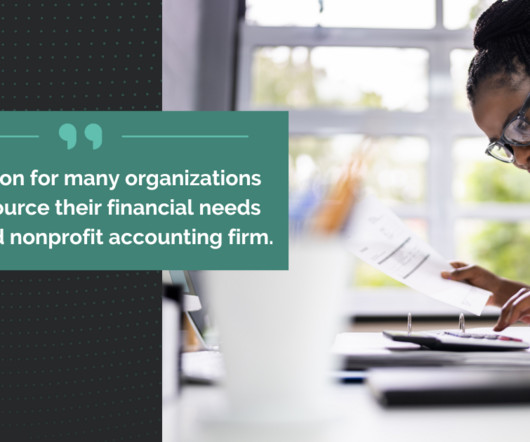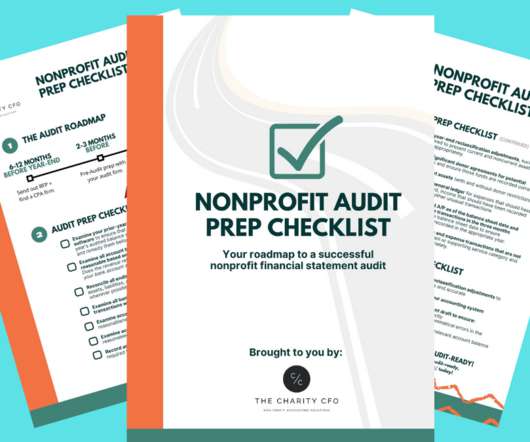The Difference between a Bookkeeper, an Accountant, and a CFO
The Charity CFO
JULY 19, 2024
When most people think of an organization’s financial department, they think of accountants. Bookkeepers, accountants, and Chief Financial Officers (CFOs) all serve critical roles in managing an organization’s finances. What is an Accountant? Accountants run reports to help determine if the bookkeeping is done correctly.













Let's personalize your content